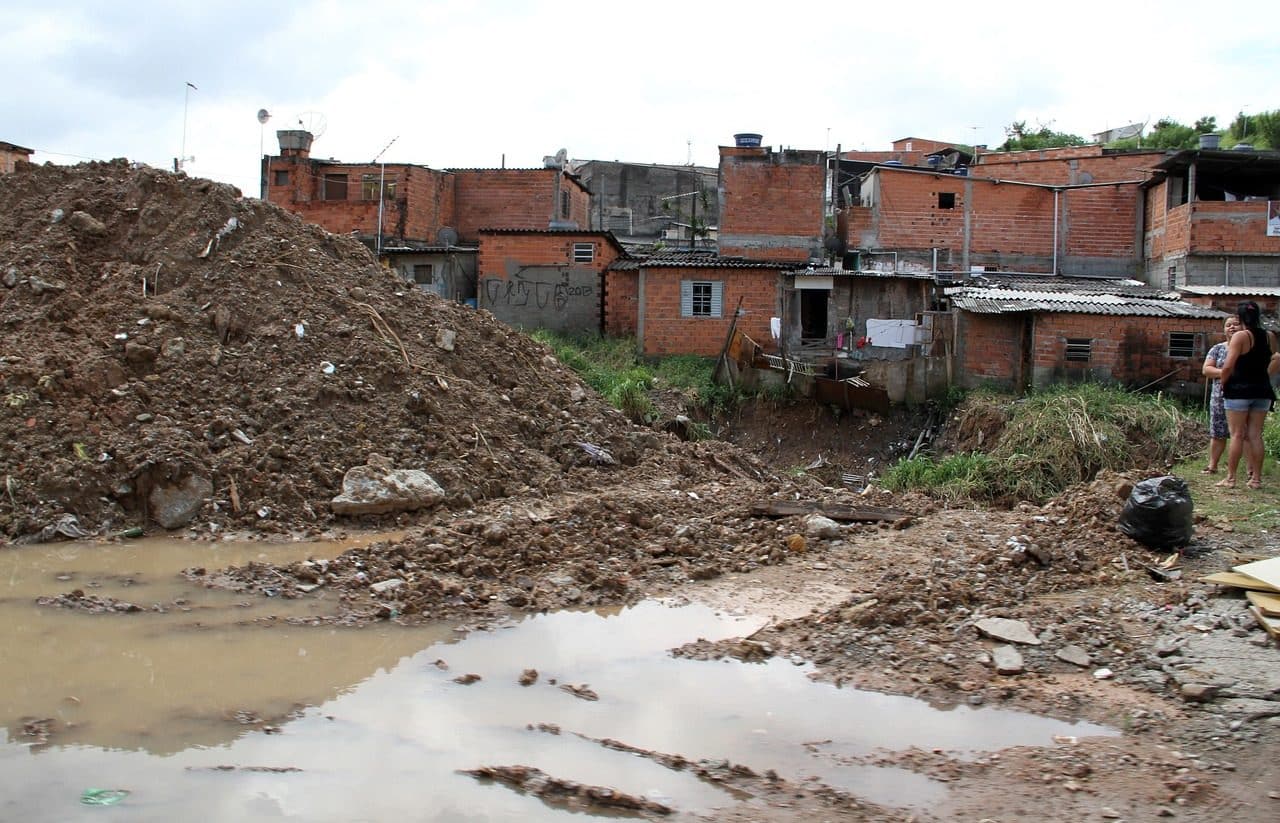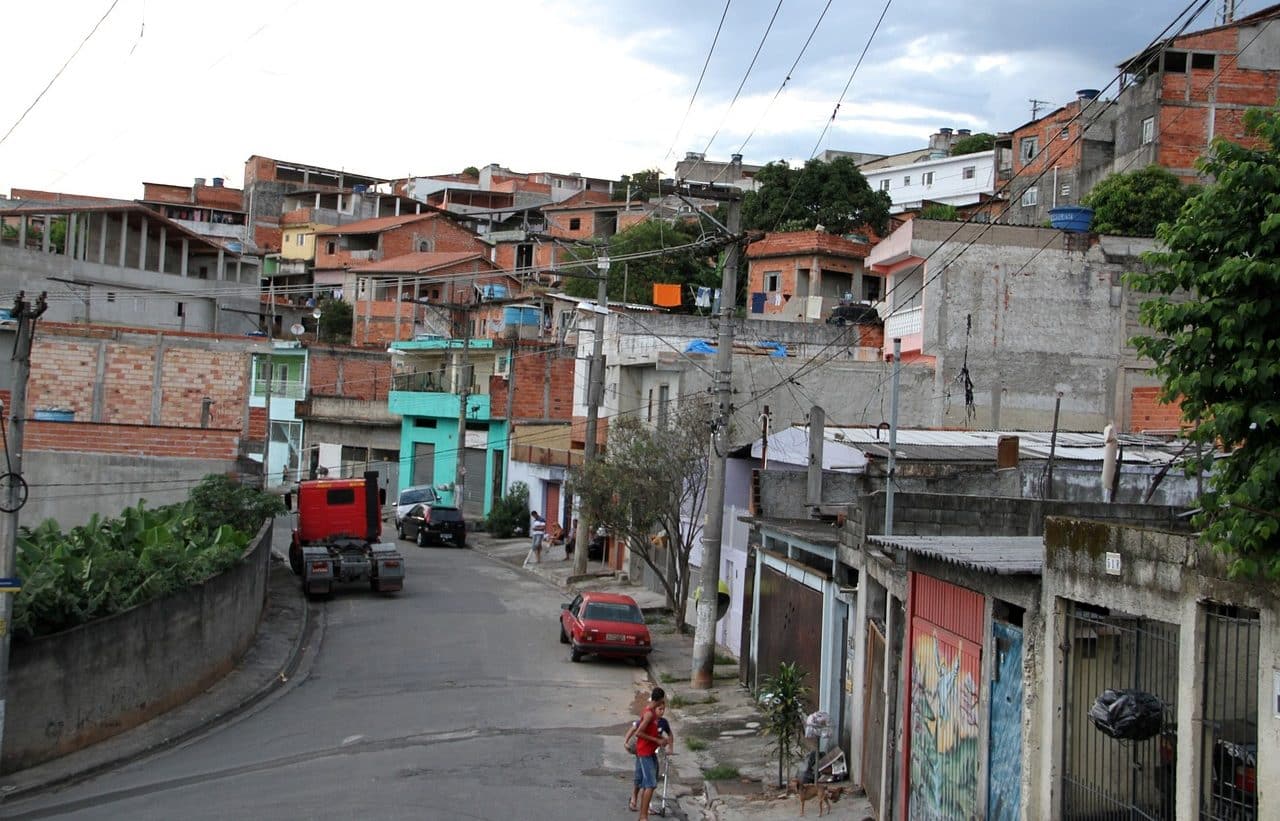
A decent home offers a safe and comfortable refuge.
A decent home is a building that allows its inhabitants to live safely, comfortably and in peace . The notion, therefore, is linked to certain structural and environmental characteristics of the dwelling in question.
It should be noted that housing is a covered and closed space where people live. The term can be used synonymously with house , home , residence or domicile . Worthy , on the other hand, is something that has dignity and that, therefore, can be tolerated or used without dishonor.
Right to decent housing
It is important to keep in mind that the right to housing is part of the Universal Declaration of Human Rights . The United Nations Organization ( UN ) highlights in various documents that such housing must be "decent and adequate" : that is, it must allow the individual to achieve an acceptable standard of living .
A person can live in a box with cardboard walls, a canvas roof and a dirt floor, without sewers or electricity . Although this box is the subject's home, it cannot be defined as a decent space since the living conditions that this type of house provides are precarious.
A decent home, on the other hand, must provide insulation against climatic conditions (that is, it must protect the inhabitant from heat, cold, precipitation, etc.), have a safe structure (without risk of collapse), have with basic services (access to drinking water, drainage, energy ) and be located in an environment that facilitates communication and transportation . Decent housing, in addition, must provide legal security to the inhabitant.

Access to decent housing is a human right.
The real needs
As is the case with most of the pillars of our civilization , human beings accept the concept and implications of decent housing without asking questions, because from a young age we are instilled with the need to have the comforts and services described above, and they assure us that We could not survive without them , or at least not in healthy conditions. We assume that the only case in which decent housing does not exist is when poverty prevents it, but what happens if someone tries to do without it, if they opt for a new series of conditions for its development?
There are many people who have moved away from the structures imposed by society in search of new horizons, of ideas foreign to conventions , and this does not always respond to simple rebellion, but can be the result of questioning the apparently unquestionable, of wanting to have greater control over one's own life. Although there are certain limits that respond to the characteristics of our organism, such as that we could not survive in the snow without the help of shelter and a warm shelter , the concept of decent housing contemplates certain points that could be considered extremist.
First of all, we should ask ourselves what our true needs and our particular abilities are, to know what type of home we want to have. Given that we are all individuals, each with their own personality, it does not seem entirely coherent to assume that we all need the same organization to develop our lives. This can be seen in small, less radical examples, such as the contrast between a person who cannot go down stairs without holding on to the handrail and another who slides down it at full speed and jumps off when reaching the end.
We have become so dependent on drinking water , insulation against extreme temperatures, and electrical energy that we no longer remember our origins; But within us the vestiges of those beings who could live and, much more importantly, be happy without these conditions continue to exist. Wealth and what we call dignity are of no use if we are drowned by deep sadness; On the other side, there is always a poor child who we feel very sorry for, but who perhaps smiles much more often than we do.
